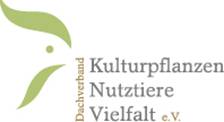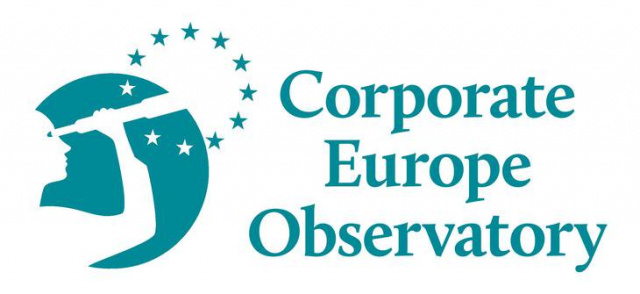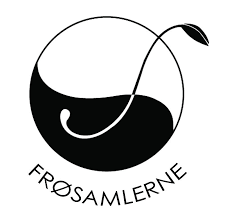
In 2022, the EPO granted a patent to KWS for cold-resistant maize (EP 3380618). This patent is a good example of the way in which the EPO undermines the legal prohibitions in Article 53 (b) of the EU Biotech Directive 98/44: KWS produced the maize by using existing maize lines that were already known to have tolerance to growing conditions, such as those in northern Europe. They analyzed the genome of the plants and identified so-called marker genes (gene variants) that can be used for screening and selecting the desired traits. Further crossing and selection was performed to see if the marker genes and the intended trait (cold resistance) were inherited together.
In addition, random mutagenesis was applied to see if these gene variants can also be achieved with this method (which is not surprising). Random mutagenesis was introduced ‘on top’ to create the impression that this was a technical invention. However, the outcomes of the random mutagenesis processes are largely impacted by the biological mechanisms in the cells, they are neither predictable nor targeted. Therefore, from the perspective of patent law, random mutagenesis is fundamentally different to the technical processes used in genetic engineering (genome editing).
Interestingly, tools such as CRISPR/Cas are mentioned in the patent description. However, these new genomic techniques were not applied, and they are not necessary to achieve the plants which already exist in nature. This case has some similarities with other patents and patent applications showing that CRISPR/Cas is being abused within the patent system as a tool to appropriate the genetic resources of biological diversity needed for traditional plant breeding.
Ultimately, targeted technical methods were not applied and they are also not necessary to breed maize with cold-tolerance. The patent explicitly states conventional breeding and usage of the existing biological diversity is the real source of this ‘invention’: on page 27, a short summary of the examples shows that further crossing and selection are sufficient to achieve the desired plants. It also explains that the majority of plants (86 % of the plants used as female part in hybrid breeding) in the existing breeders’ gene pool already inherit the gene variants that are responsible for cold tolerance. The patent as granted by the EPO comprises the future usage of these gene variants as well as of the maize plants inheriting the gene variants.
In summary, the patent is not only a violation of Article 53 (b) (prohibition on granting patents covering plant varieties and non-technical methods for breeding) it is also not inventive. This example shows how the EPO is intentionally ignoring the differences between conventional breeding and genetic engineering. This undermines and exempts the existing prohibitions in patent law, which only allows the patenting of technical inventions.
The example of the patent for cold-resistant maize (EP 3380618) shows that the detrimental effects of these patents can seriously impact the activities of traditional breeders, as they can no longer use the existing varieties to produce new and even better plant varieties. The impact of this patent is also relevant for organic maize breeders: KWS seeds are widely used for breeding maize varieties used in conventional and organic agriculture, it is thus also likely that future breeding with several of these varieties will fall within the scope of the patent.
It may become very difficult for other breeders to resolve these legal uncertainties, as identification methods described in the patent can hardly be applied in practice. Furthermore, the patent also covers detection methods which cannot, therefore, be used without the permission of the patent holder.
No patents on seeds! filed an opposition on 16 May 2023. At the online hearing on 15 October 2024 the opposition has been rejected by the European Patent Office. NO PATENTS ON SEEDS! has filed an appeal against this decision.
Online talk on 14 October 2024 about the hearing
Press release Opposition against patent on maize rejected (15 October 2024)
Press release "Opposition against a patent on maize with previously known traits" (16 May 2023)
Media reports:
October 2024: Video by Oxfam Novib about patents on seeds with Grietje Raaphorst-Travaille (5min, Dutch with English subtitles)
20.11.2024 - Inf'OGM (France): EPO throws cold water on opposition to KWS patent (article as well available in French)
04.04.2024 - Inf'OGM (France): "A Dutch seed company faces up to KWS patents" (article as well available in French)
19.09.2024 - BioEcoActual (EN): Can you invent maize? Patents threaten access to seeds
19.09.2024 - BioEcoActual (ES): ¿Se puede inventar el maíz? Las patentes amenazan el acceso a las semillas
19.09.2024 - BioEcoActual (CAT): Es pot inventar el blat de moro? Les patents amenacen l’accés a les llavors













